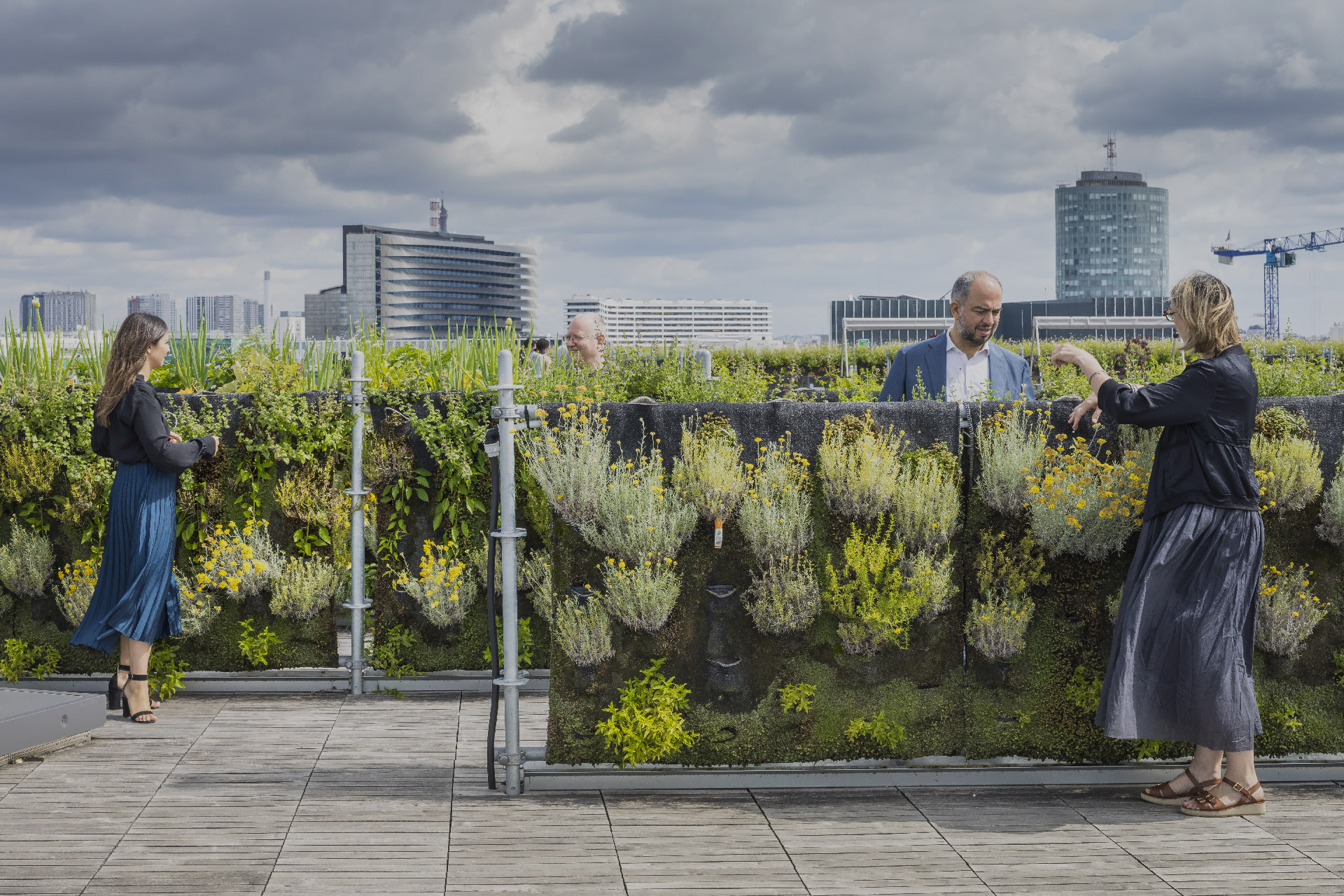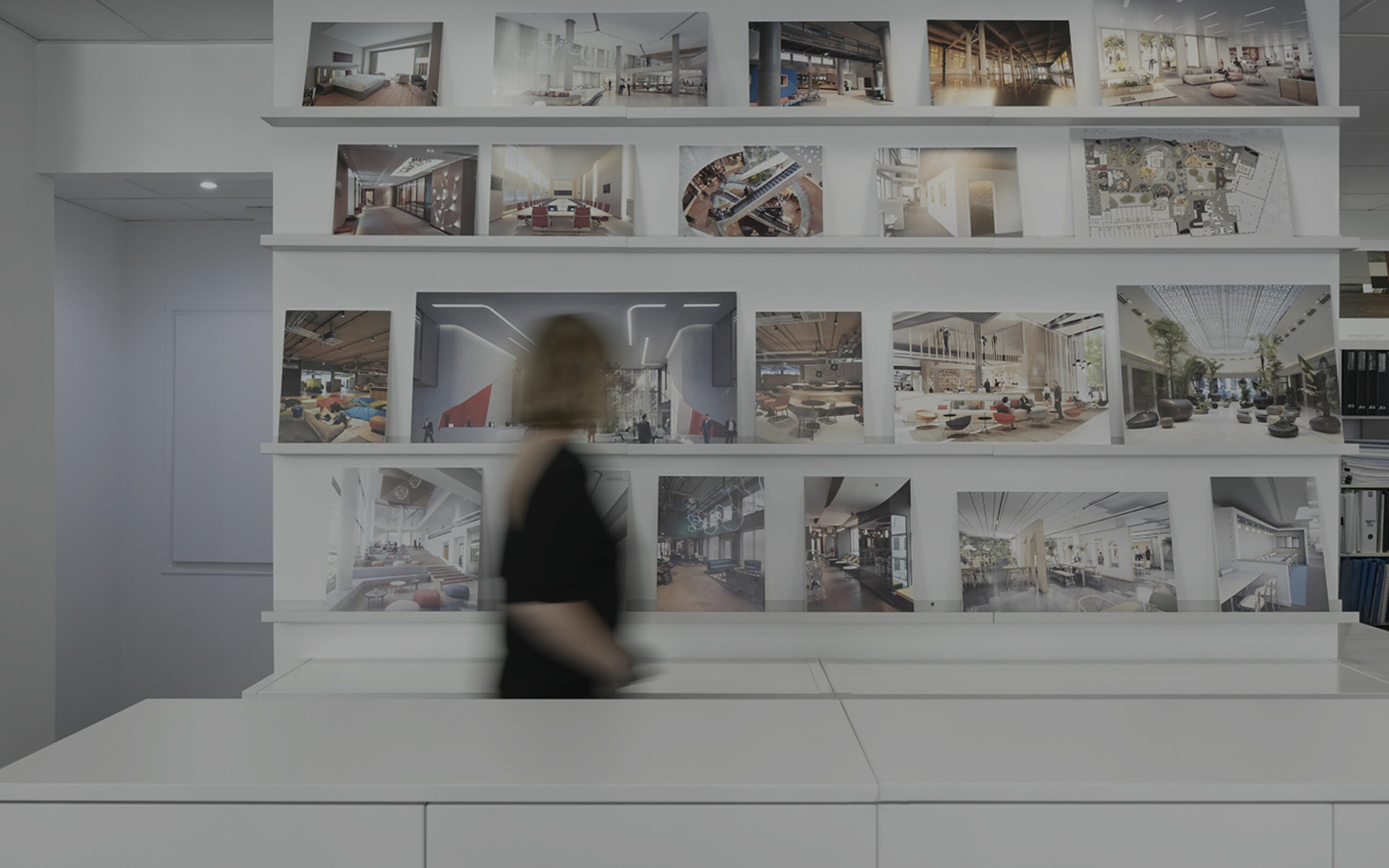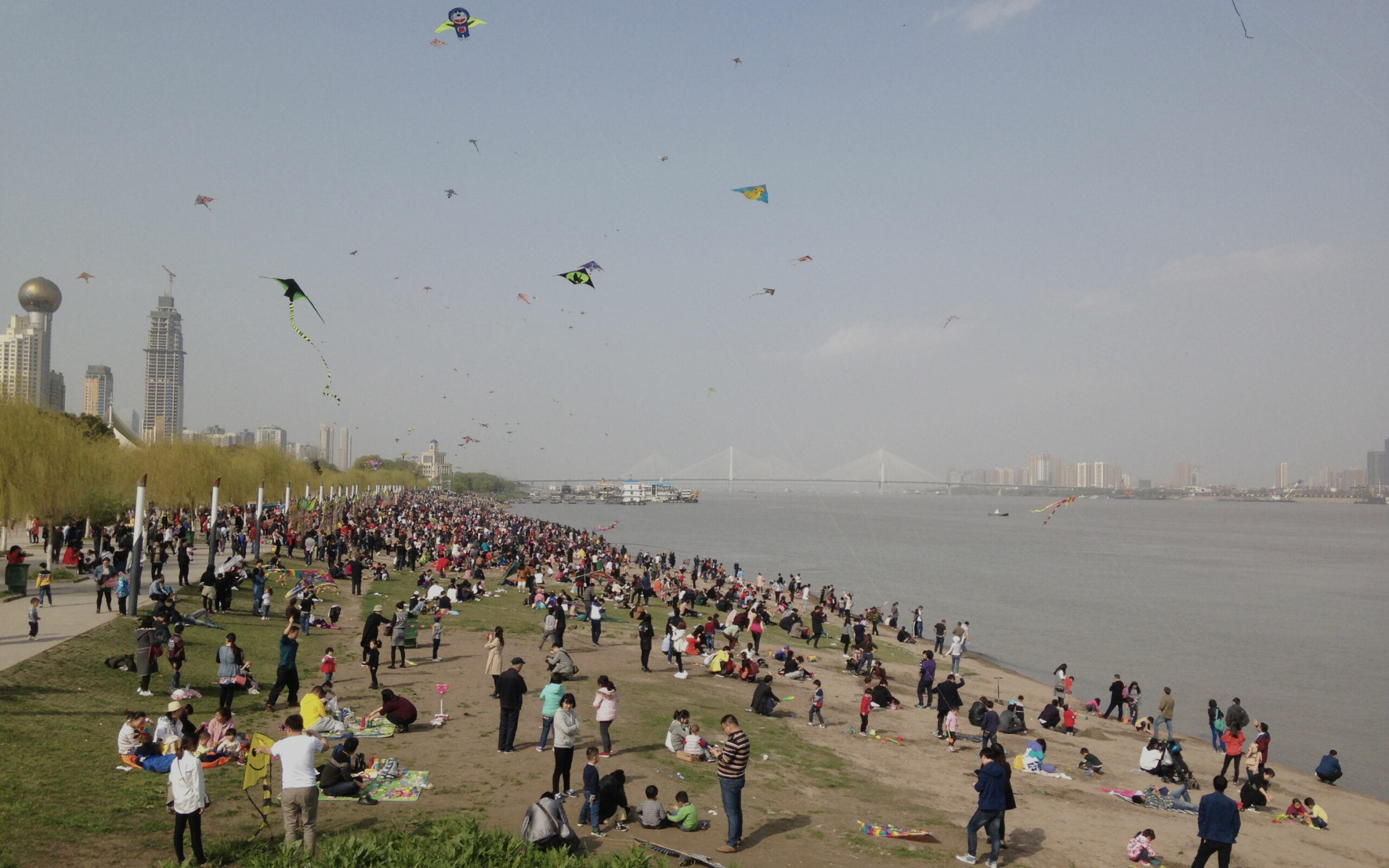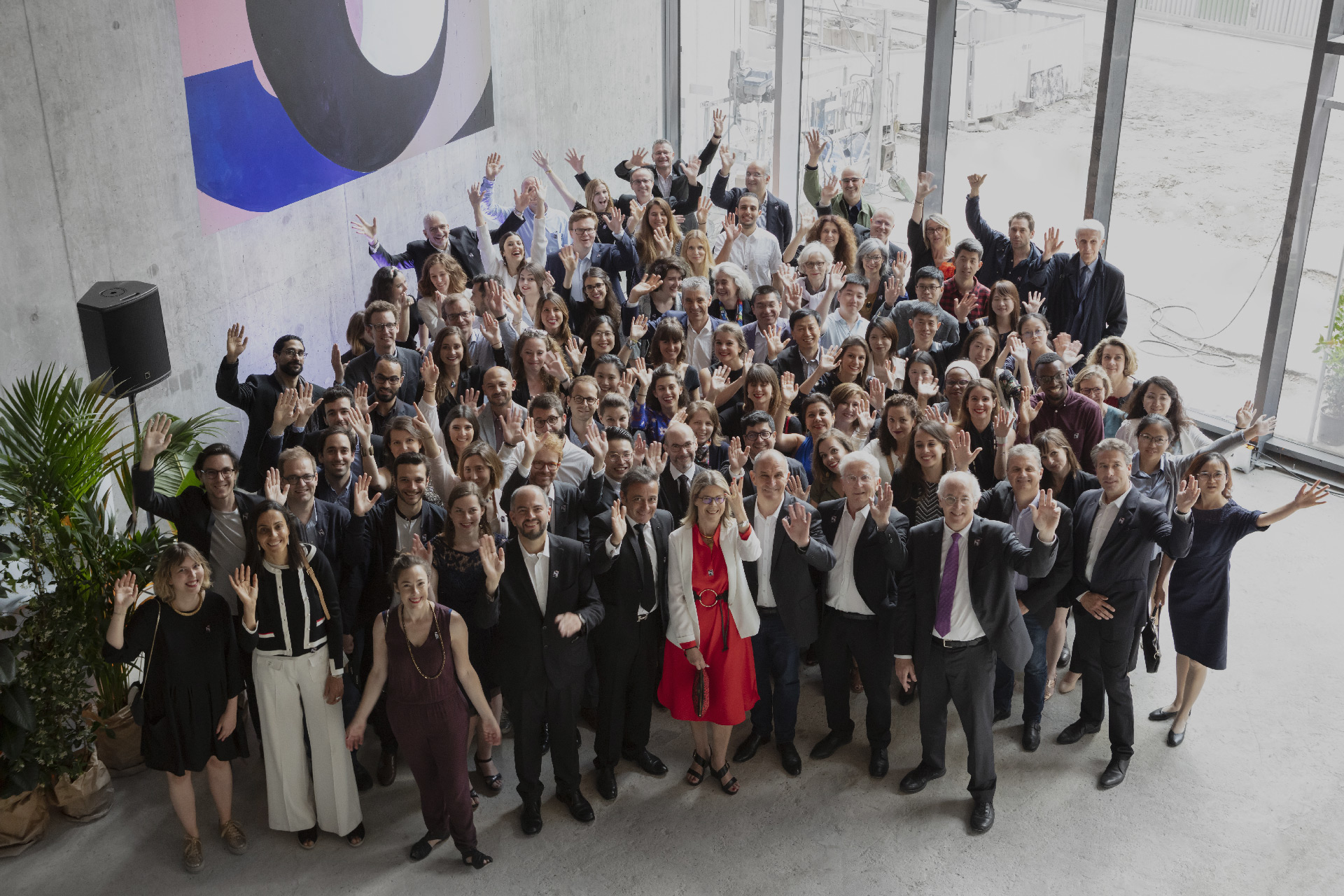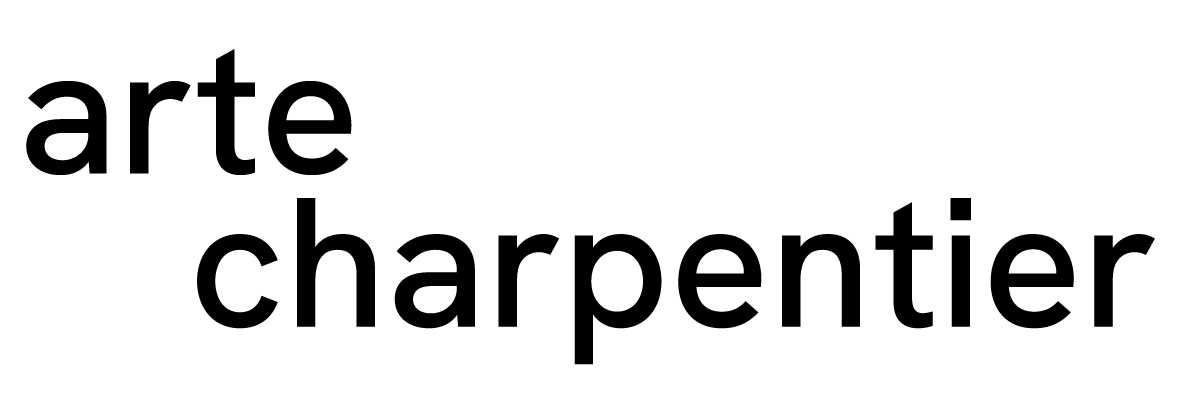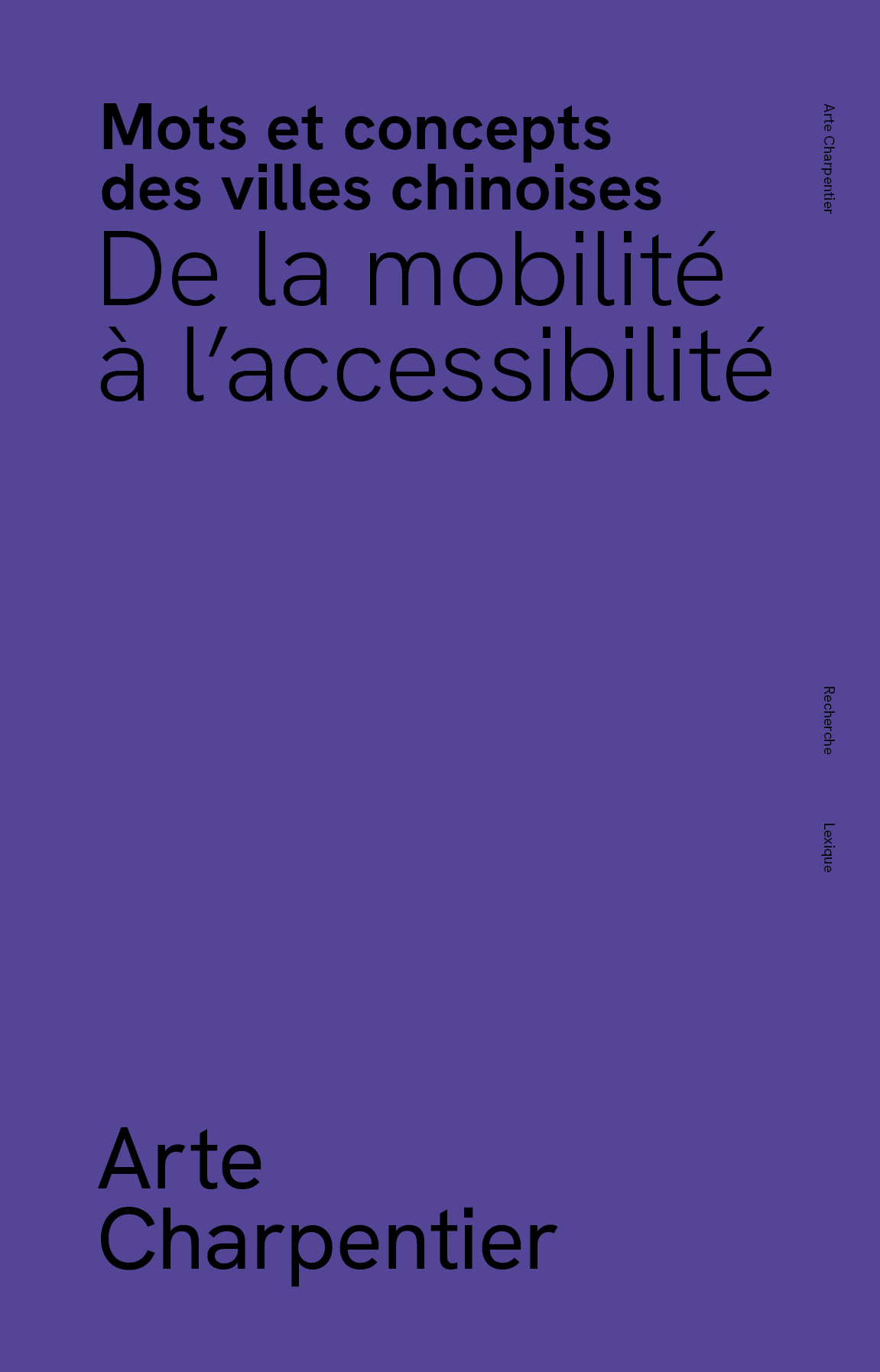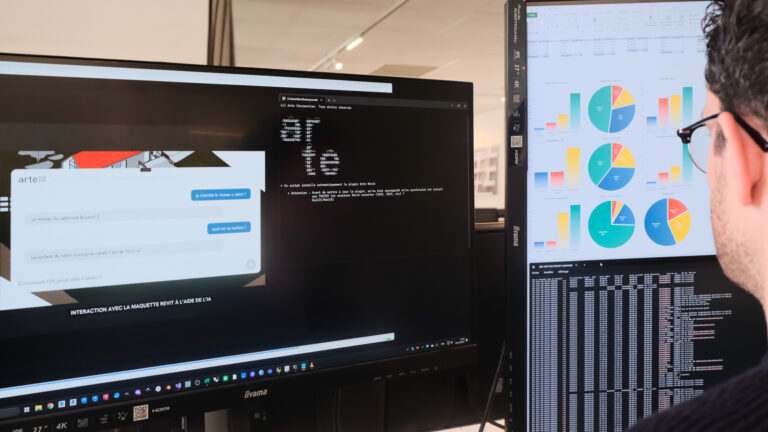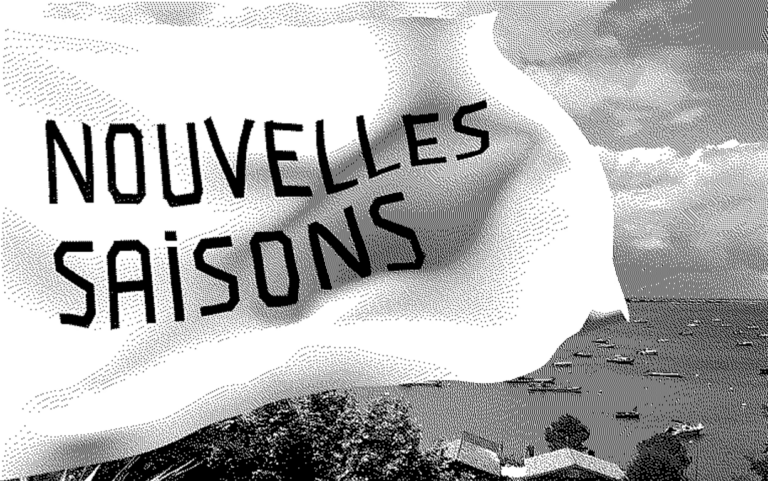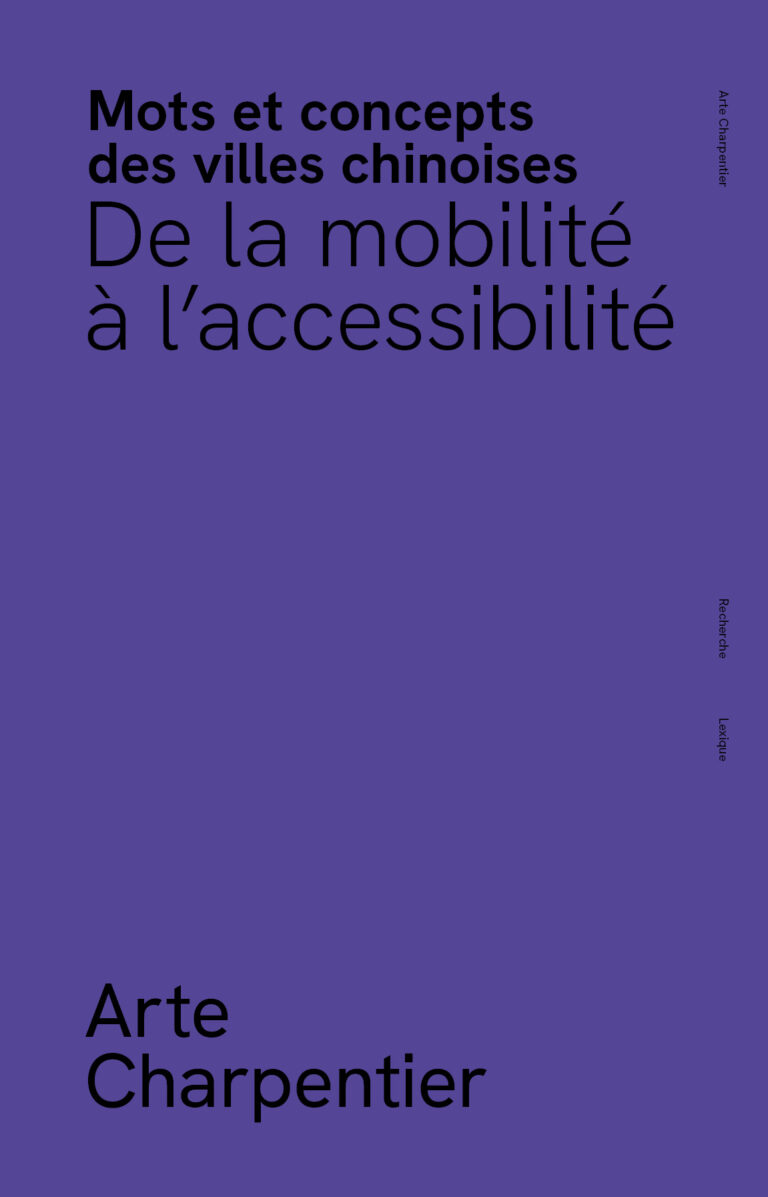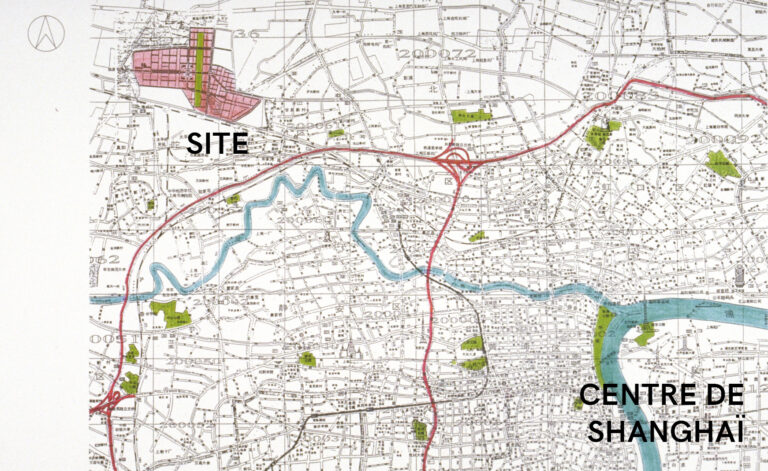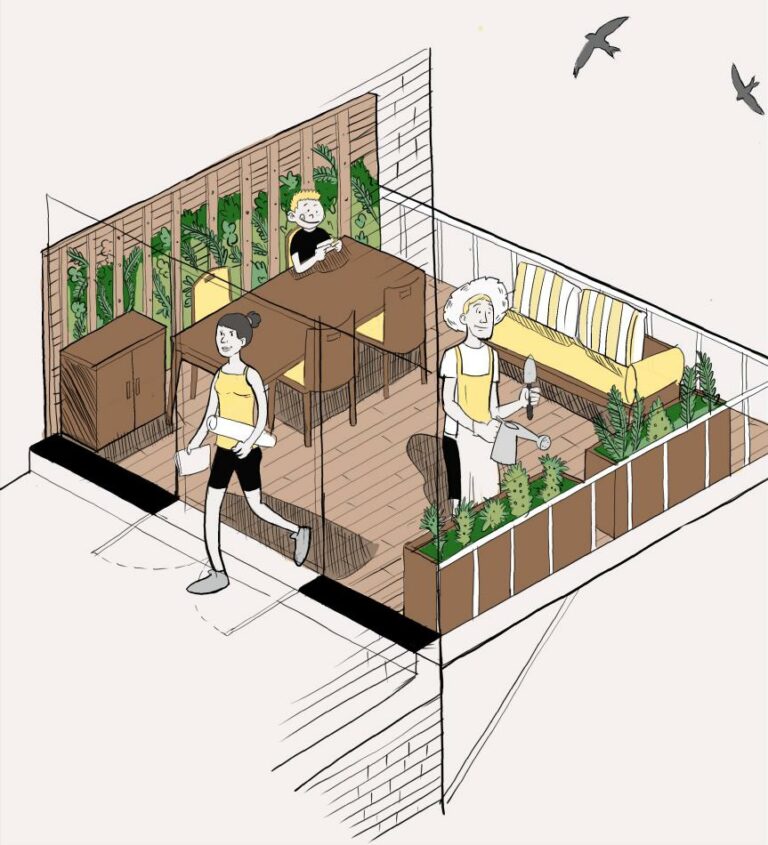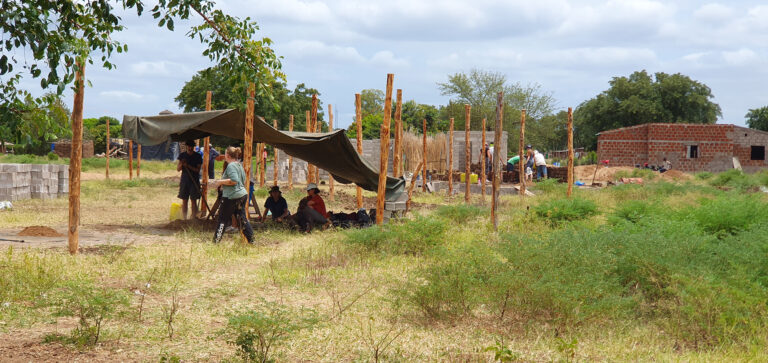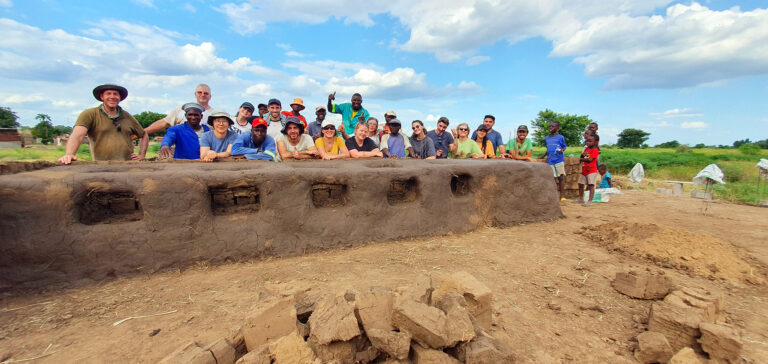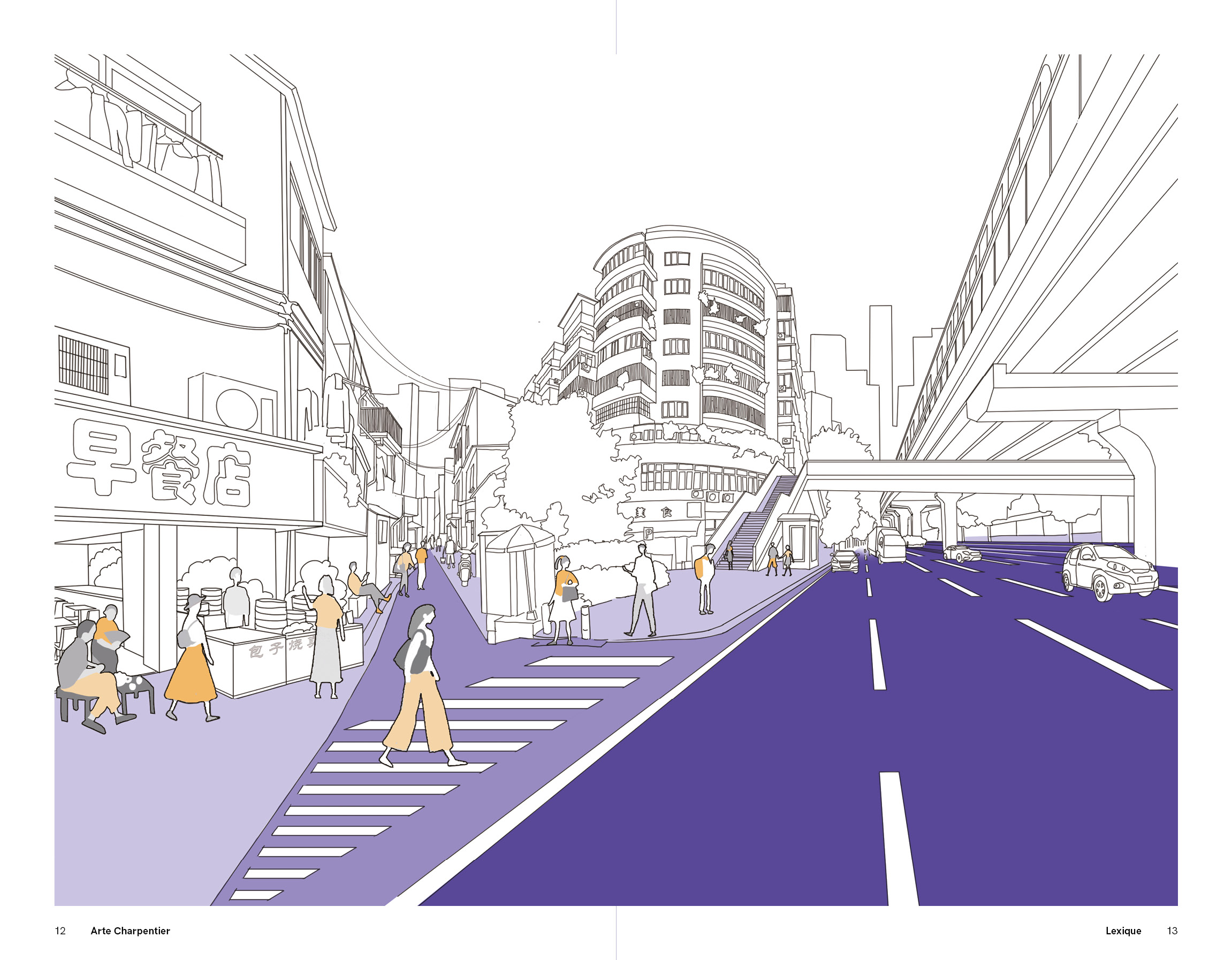
Arte Charpentier invites you to discover the illustrated lexicon ‘Words and concepts of Chinese cities’, with the first theme: ‘From mobility to accessibility’.
The lexicon is available online here
Why this lexicon of terms?
Words are never neutral. In our business, they reflect a culture of space and design.
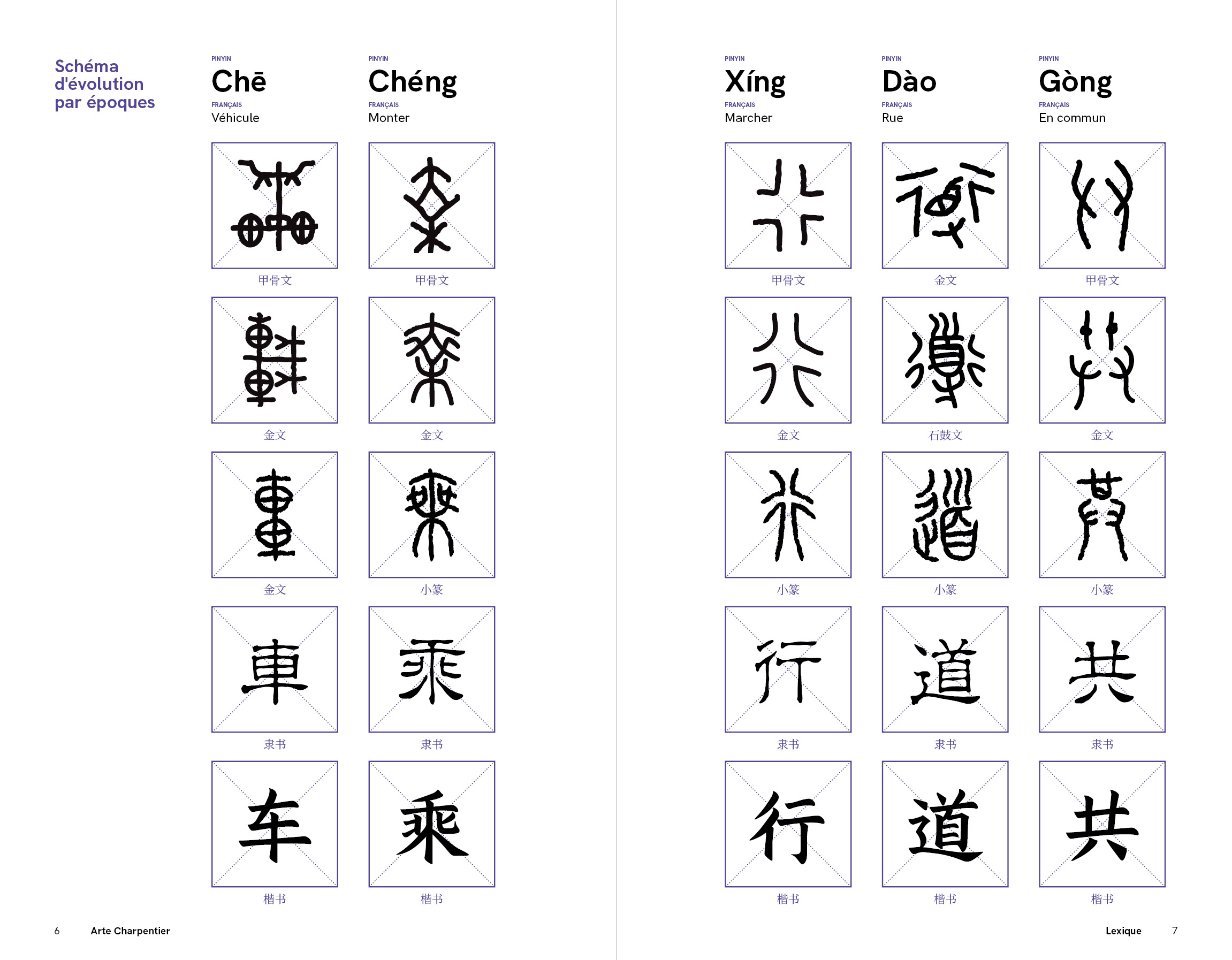
Arte Charpentier works on international projects, particularly in China. Thanks to this experience, which stems from our day-to-day work as practitioners, we have come to realise that there are many conflicting concepts, which are often difficult to translate from one language to another. That’s why we decided to create a lexicon organised around several semantic fields.
Through these words, translated and explained in French, we try to understand Chinese cities in all their different political, economic, cultural and social facets. As designers, we learn from this wealth of information on a daily basis, so that we can design urban spaces more effectively.
From mobility to accessibility
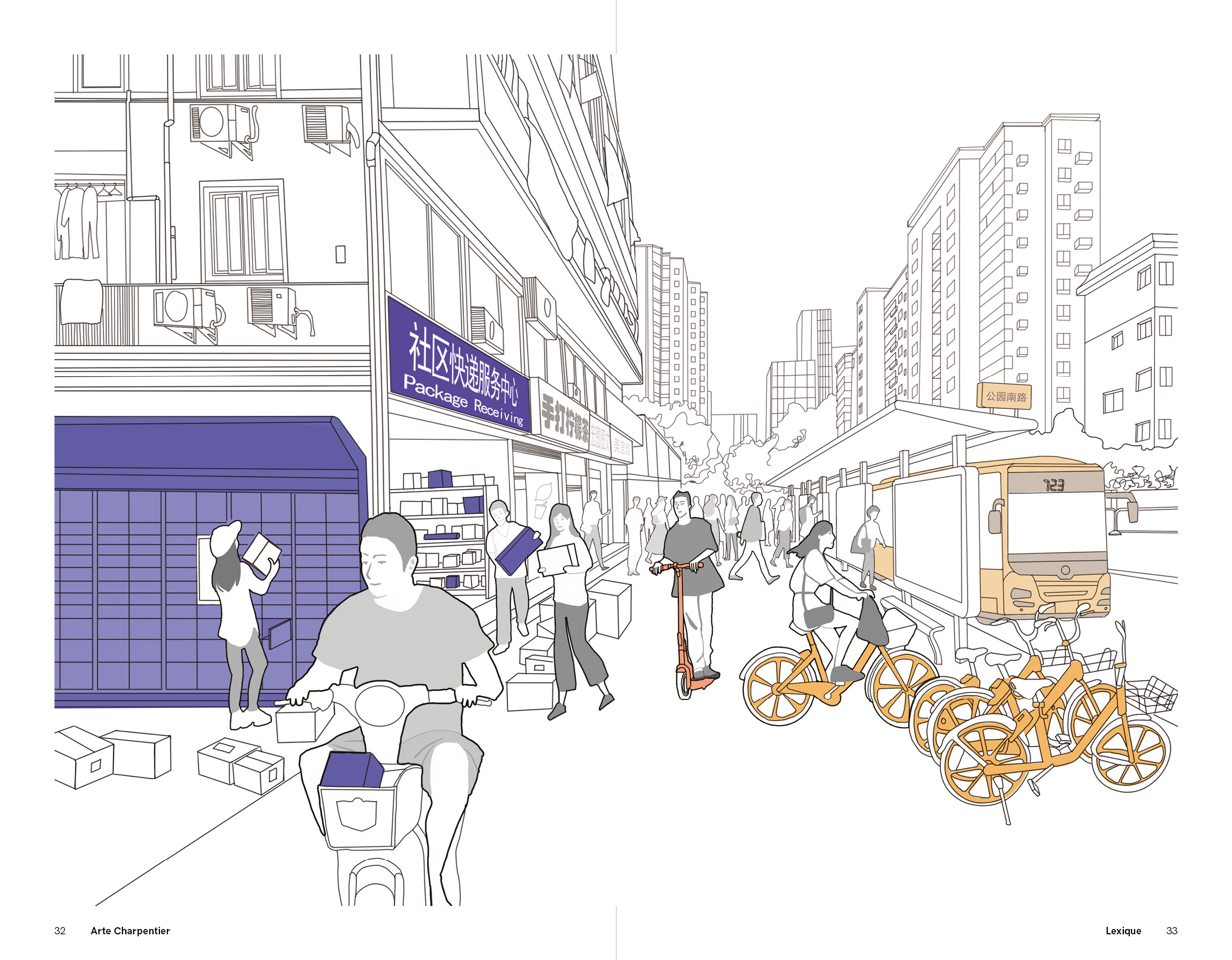
Like a freeze-frame, this lexicon reveals certain features of contemporary Chinese mobility, and the physical, spatial and social realities that characterise it.
But beyond the simple definition of a few selected words and the technical and regulatory tools they mobilise, it highlights their impact on the design of the contemporary Chinese city, in terms of urban form, public space and programming, and questions them in the light of new economic, environmental and social challenges.
Finally, it reveals the necessary transition from a technical approach focused on flows and mobility, to one that questions the quality and potential of the city’s construction in terms of uses and accessibility.
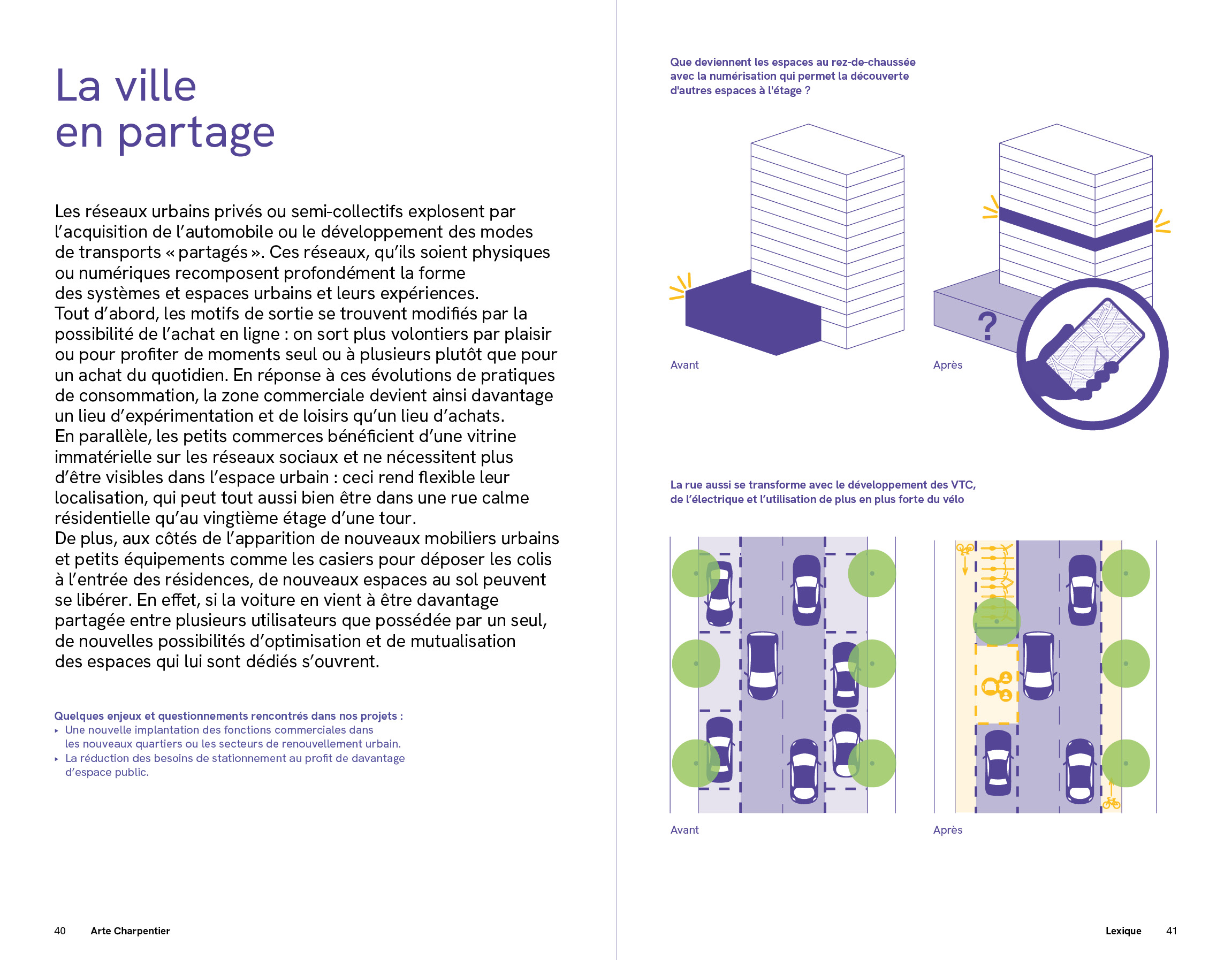
Special thanks for this collaborative effort
We would like to express our gratitude: IPRAUS, research laboratory at ENSA de Paris-Belleville for initiating the idea of a Chinese-French lexicon of Chinese cities, Anne Grillet-Aubert, Pierre Clément, Yang Liu, Marie-France Bouet, Georgina André, Yao Wu, Mingye Li, Fei Wang, Mingding Pan, Caring Wong, Tommaso Pucci, Mathilde Grand, Christophe Douay
